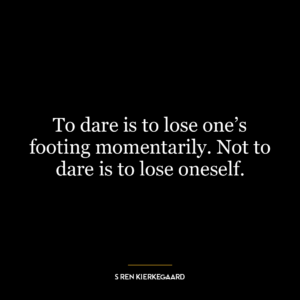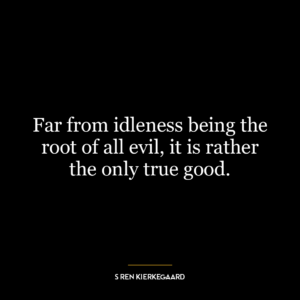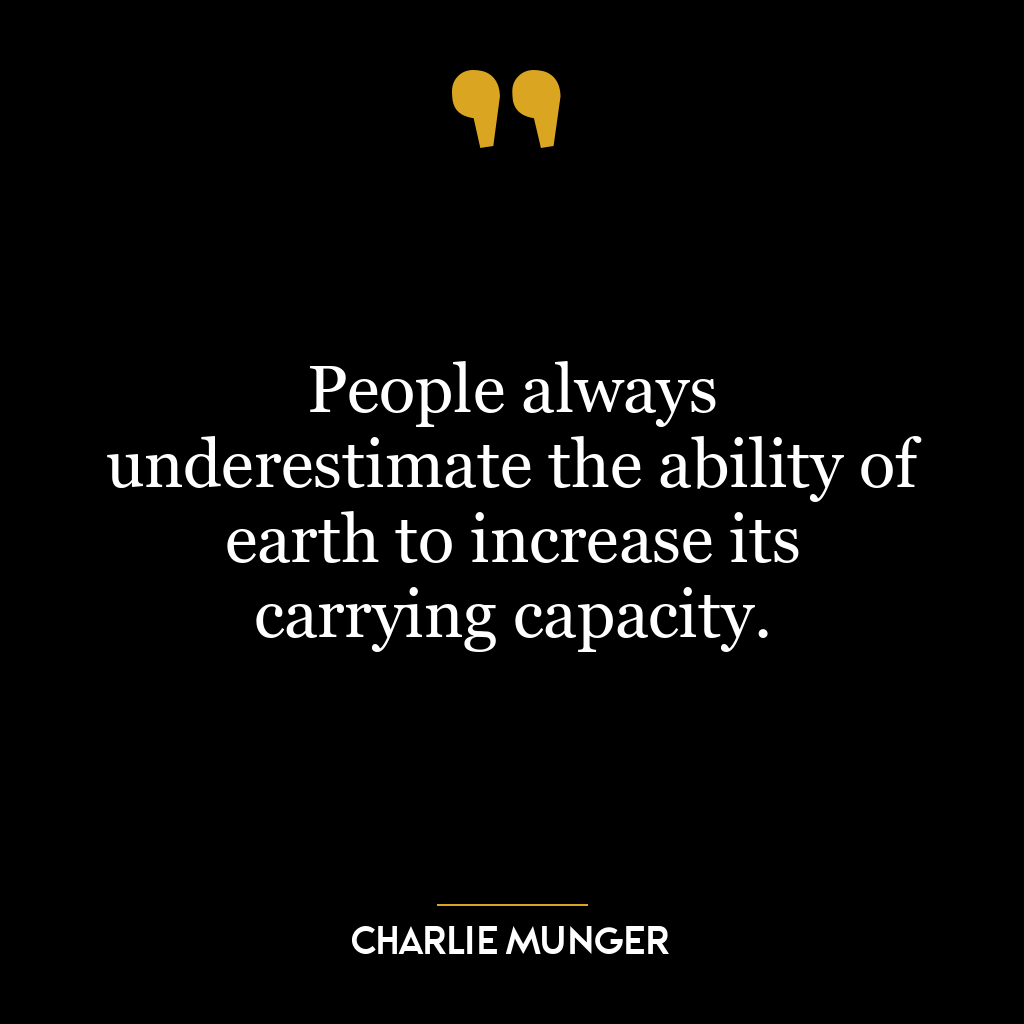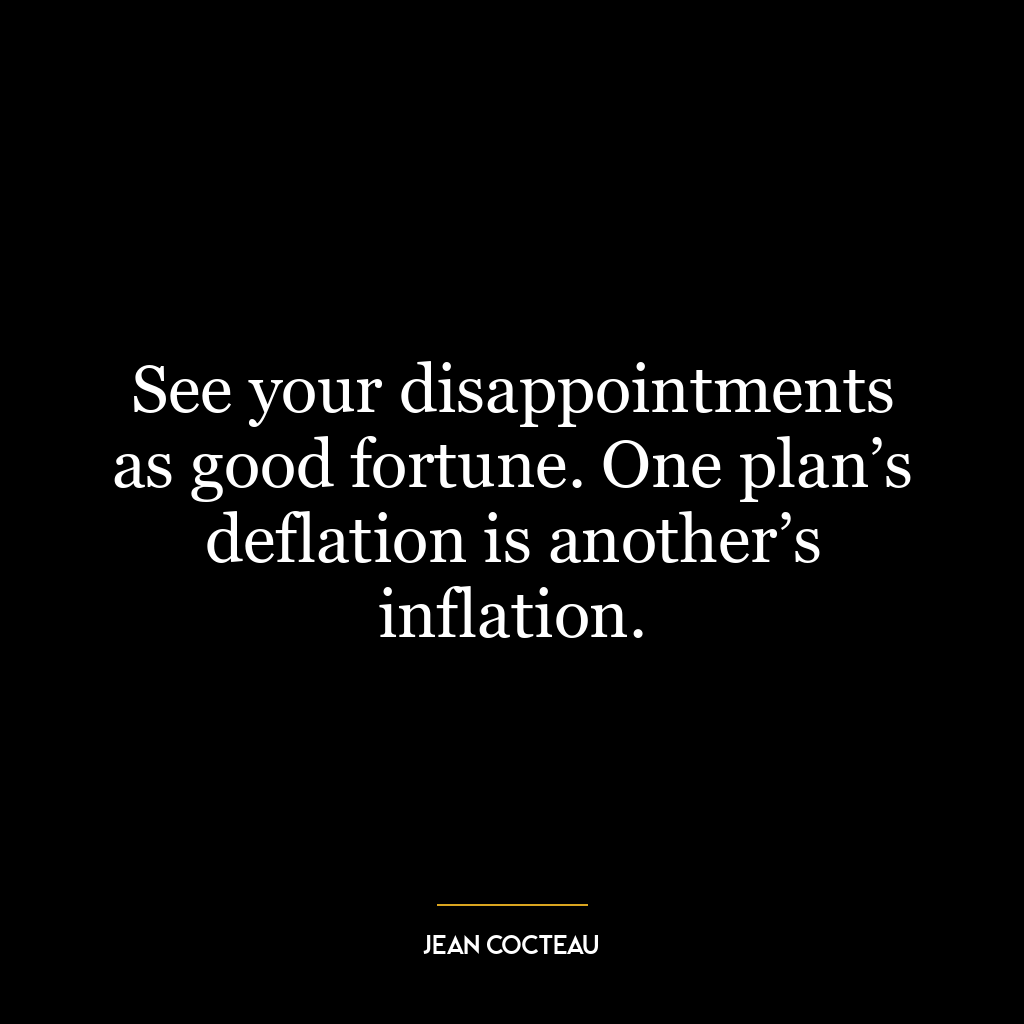Adversity not only draws people together, but brings forth that beautiful inward friendship.
This quote suggests that adversity or hardship has the power not only to bring people closer but also to foster a deep, internal sense of friendship. This inward friendship could be interpreted as a sense of unity, empathy, and understanding that develops when people go through tough times together. It’s the kind of bond that is often more profound and lasting than friendships formed in easier times, as it’s forged in the fires of shared struggle.
The quote implies that adversity strips away superficialities and pretenses, revealing the true essence of individuals. This authenticity forms the basis of the ‘beautiful inward friendship’ Kierkegaard mentions. It’s a bond that goes beyond surface-level interactions and touches the core of our being. It is in these moments of adversity that we find not only who our true friends are but also discover an inner strength and resilience within ourselves.
In today’s world, this idea is highly relevant. We face various forms of adversity – personal, professional, societal, or global, like the current pandemic. These challenges, while difficult, also present opportunities for unity and deep connections. For instance, communities coming together to support each other during a crisis, or global movements rallying for a common cause. These shared adversities can foster a sense of solidarity and camaraderie that transcends geographical boundaries.
In terms of personal development, facing adversity can be a powerful catalyst for growth. It pushes us out of our comfort zones, tests our resilience, and often leads us to form deep, meaningful relationships. These relationships can provide emotional support, diverse perspectives, and a sense of belonging, which are all crucial elements for personal growth and well-being. Moreover, overcoming adversity can boost our confidence and equip us with the skills to handle future challenges, thereby contributing to our overall personal development.












